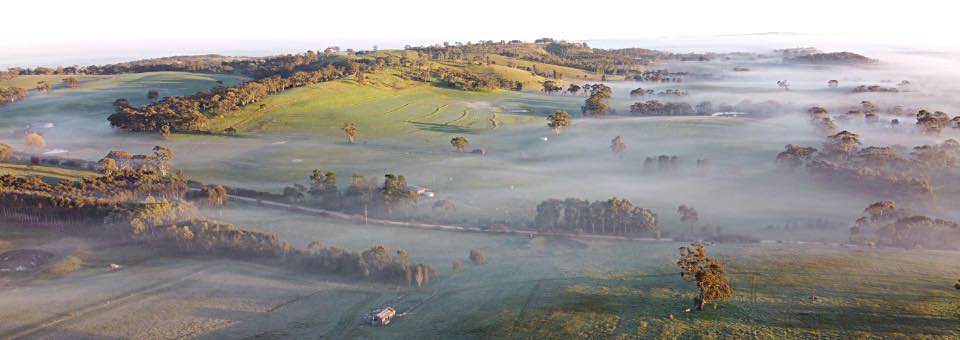
While the whole world - rich and poor, human and non-human - suffer from the effects of the damage that humanity is doing to our shared environment, it can be shown that it is the more wealthy of humanity that is responsible for most of the damage.
While all share the same damaged world, the rich can afford to pay for those things - air conditioning, insulated homes, properties in places less impacted by climate change - better than the poor. Non humans have to simply take what they get: habitat damage, habitat loss, more frequent flooding, more frequent and fiercer fires, more frequent violent weather, etcetera.
Contact: David K. Clarke – © |
Wealth and greenhouse emissions
It also follows from the graph that:
Wealth is powerPower comes with wealth. The wealthy can make big political donations and employ professional lobbyists to give them an advantage over the rest of us. This gives them access to government ministers and leverage for favourable decisions. Political donations from wealthy fossil fuel companies has a strong influence on politicians; one need only look at the way Australian governments (both Labor and Coalition receive big donations from fossil fuel companies) look after the interests of the coal and gas industries and go slow on climate change action.Of course, this is a form of corruption.
Wealth and consumption
It seems that most people give very little consideration to the consequences of their spending. I've written elsewhere on this site about the importance of always considering the consequences of our actions. The graph on the right shows the strong correlation between income and consumption in Australia. People in the first quintile are 'struggling to make ends meet'; in fact they are not able to live within their income. People in the second quintile of income would generally live fairly comfortably within their means; they would likely spend what they need to spend to live comfortably and little more. People in the fifth quintile consume twice as much as those in the second quintile, so, they probably spend twice as much as they need to live comfortably. The box on the right, labelled total, shows that people generally spend most of their income on consumption. Any manufactured item has embodied or 'embedded emissions'; the emissions that were released into the atmosphere when the materials in the item were mined and that were consequent to the manufacturing processes involved in it's making.
I've written on conspicuous consumption on my jottings page and on my page about selfishness or altruism.
George Monbiot on wealth and environmental damageFor the sake of life on Earth, we must put a limit on wealth, The Guardian, by George MonbiotMr Monbiot wrote a piece that was published in The Guardian on 2019/09/19 that makes the point I was trying to make above. I will quote a part of it: It’s not just the megarich: increased spending power leads us all to inflict environmental damage. It’s time for a radical plan.Mr Monbiot finishes with: If everyone is to flourish, we cannot afford the rich. Nor can we afford our own aspirations, which the culture of wealth maximisation encourages.Mr Monbiot said it all much better than I could. I read his piece after I wrote my piece above. George has probably made many of the points that I've tried to make and done it much better than I could. Why do I try? Because I care so much that I feel I must try. |
|
|
References, related pagesRelated pages on external sites...World Inequality Report 2022, Coordinated by Lucas Chancel (Lead author), Thomas Piketty, Emmanuel Saez and Gabriel ZucmanThe Distribution of Household Spending in Australia; Reserve Bank of Australia, written by Amy Beech, Rosetta Dollman, Richard Finlay and Gianni La Cava
For the sake of life on Earth, we must put a limit on wealth, The Guardian, by George Monbiot
Related pages on this site...Climate change |